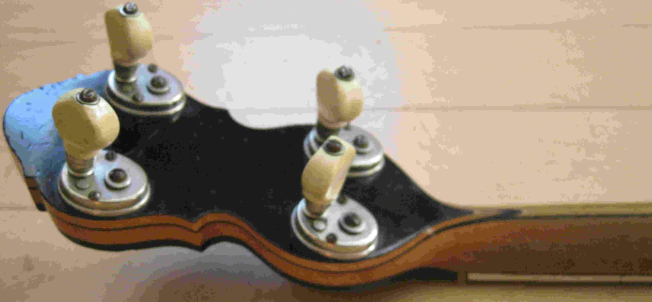So there’s this thing when you are learning a new folk song
on the banjo…. A teacher says: “here;
let me show you how to play..., let’s say little
Billy Wilson. So you learn the tune
to little Billy Wilson. Cool.
Then you go to YouTube to see if you have the tune right. You type in Little Billy Wilson, and you get the tunes under that name. Isn’t technology awesome! But when you play the video on YouTube…, “wait
a minute, that isn’t the way my teacher taught me it went.” Yea, it’s like that. Apparently when it comes to old folk tunes,
anything goes. So my teacher teaches me the
tune the way she learned it, and the people on YouTube learned it the way their
teachers taught them, and the two (or
twelve ways) don’t really have a lot in common.
Ok, you can hear the basic idea of the tune. But the particulars, like: where the notes go:
and what notes they are…, (you know the
things a beginning banjo player really wants to know), well, those details are
all over the place. “Hum…, sort of
frustrating.” I guess the deal is, that if you want to learn folk tunes, which
by the nature of what they are, means you are learning old songs that have been passed along by word of mouth over
the ages, than you are entering a realm of swishyness. A realm of approximations. An area not confined by specifics. In short, a realm most of the people who are interested
in Folk music, are very comfortable inhabiting.

No comments:
Post a Comment